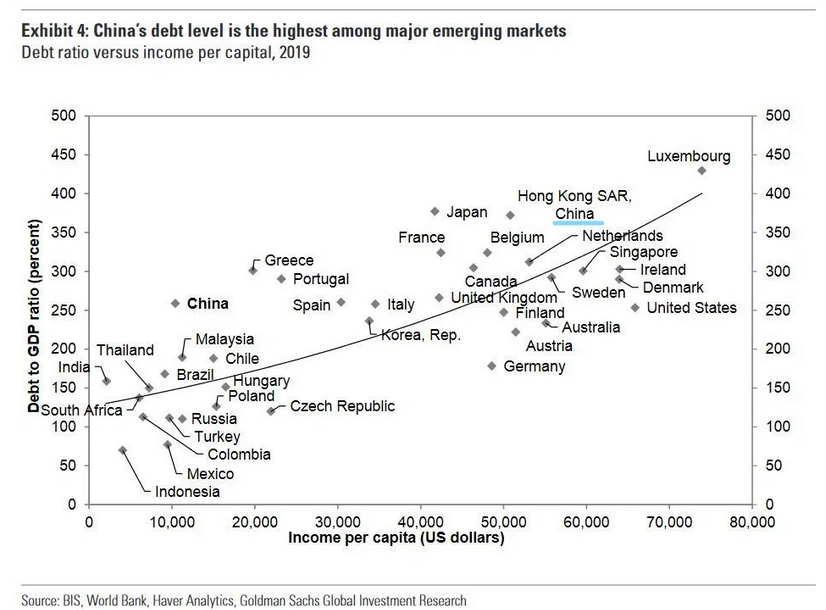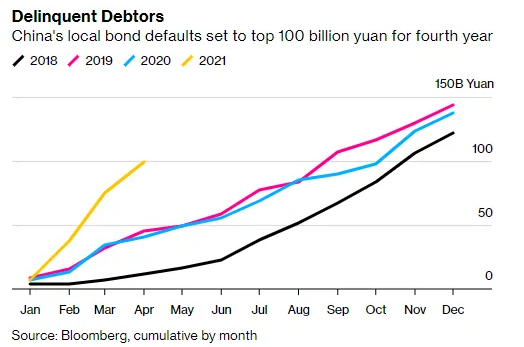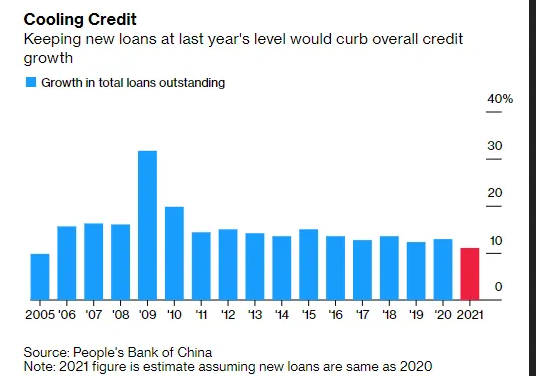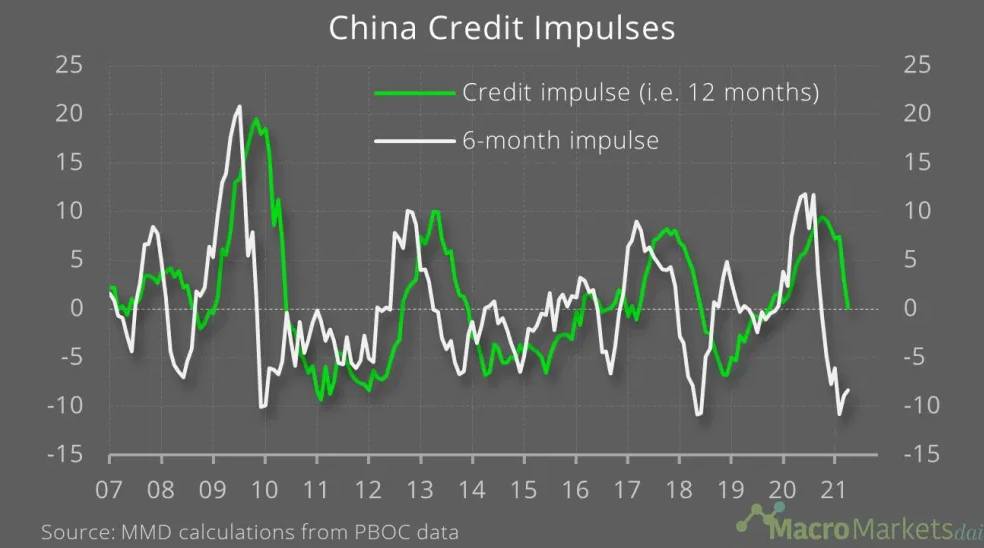Many longtime readers know that I’ve remained skeptical about China’s economy for a couple years now. And while the mainstream financial media hasn’t worried much over China’s economic future—I still do.
That’s because China’s growth is extremely important to the global economy (especially since 2008). It has more-or-less carried the global economy.
(Note that via the ‘locomotive effect’—a key theory in macro-economics—China’s economy surpassed the US as the marginal growth engine post-2008. Meaning: due to China’s economic scale and above-trend growth, their boom-bust cycles carry the world along with them).
But, after years of binging on cheap debt, an over-reliance on investment driven projects with steadily diminishing returns, and a rapidly aging population, China’s economy has grown increasingly fragile.
Thus, putting it simply: I believe that China’s economy has grown very out-of-balance. And is approaching a deflationary tipping-point—much sooner than many realize.
Let me explain. . .
Due to more than a decade of easy-money—thanks to global central banks—global governments and firms binged on cheap debt (especially the emerging markets).
And thus, 11-years later, China’s debt levels have soared to the highest among major emerging markets. . .

And to make matters worse, it now seems as if China’s domestic debt-load has hit a point where it can no longer be safely sustained by simply ‘rolling-over’ maturing debts (aka refinancing).
For instance—in just the first five months of 2021—Chinese firms have already missed 99.8-billion-yuan ($15 billion) worth of on-shore bond payments. (And defaults on off-shore dollar-denominated bonds have also soared $4 billion in the first 3-months of 2021—already half of 2020’s total).
Not only is this the largest missed balance on record. But it’s also the fourth year straight with Chinese firms defaulting on at-least 100-billion-yuan worth of bonds. . .

And while most of these defaults (over >25%) were from real estate and property development firms, it appears things will only grow increasingly fragile for the overly-indebted sector as Chinese authorities further restrict access to credit. (Meaning: at a time when real estate and property firms need easy money to refinance old debts, they’re being cut off).
In fact, this brings us to the largest issue facing China’s leveraged economy. . .
Simply put: the Chinese authorities have grown worried about domestic debt-burdens, asset bubbles, shadow banking, and excess speculation. Thus, they have recently adopted tighter financial policies to try and limit such risks. (Aka they’re trying to slowly deflate asset bubbles and deleverage enough before a black swan event occurs).
And we’re already seeing this financial ‘tightening’ happen. . .
For instance: a report in April showed that the People’s Bank of China (aka the PBoC – China’s central bank) told both domestic and foreign banks to keep curb any significant new lending in 2021.
To put this in context, if banks listen to the PBoC and lend at roughly the same rate as they did last year, it would cause credit growth to slow to a 15-year low. . .

But—what’s more dire is that China’s six-and-twelve-month ‘credit impulse’—a key leading indicator that measures the change in new credit issued as a percentage of GDP—are now both negative.
(Note that historically, China’s credit impulse has signaled the onset of both booms-and-busts for economic growth and various asset classes. And since China’s now the global growth engine – when they sneeze, the whole world catches a cold).

The most significant thing about this decline in the credit impulse was how fast it happened. It took just seven-months to go from peak-to-negative—much less than previous cycles.
So what does this mean?
Well, this indicates that China’s economy may slow significantly over the coming quarters, and could last until mid-2022. (And down along with it—the demand for major commodities).
Or, putting it another way: because of tighter credit polices in China , bond defaults may increase at a time when growth slows. Thus greatly increasing negative tail risks (aka black swan events) and the chance of triggering a wave of deflation across the world. (China consumes a huge amount of energy and commodities—thus any slowdown would negatively effect those sectors).
So, in summary, China’s economy is far more fragile than the mainstream financial media lets on. Years of easy money allowed the Chinese economy to grow aggressively—letting firms binge on cheap debt.
But, as we’ve seen time and time again, once credit begins tightening, downside risks significantly grow. (Note that Chinese firms were already struggling with souring debts years before any tightening. So I imagine it will only get worse going forward).
Keep in mind that China’s situation is eerily similar to Japan’s from the 1980-90’s. Like China today, Japan built up it’s economy by focusing on its export sector and domestic investment projects (malls, apartments, infrastructure, etc).
And during the boom years, Japan’s economy also greatly expanded credit, allowing domestic firms to pile on cheap debt.
But overtime—as credit tightened—a large portion of these investments and debts soured.
Adding salt to the wound, asset prices and investment driven returns also plunged. Causing creditors and banks to suffer deep losses, thus triggering credit downgrades. Which made it more difficult for debtors to raise funds.
And on and on. . .
Eventually, Japan had to endure (to this very day) a multi-decade deflationary bust because of all the enormous deleveraging that needed to happen.
Now—is China just like Japan? No. So it doesn’t mean there’ll be a repeat crisis.
But it’s important to note the similarities. And that historically extended periods of credit expansion almost always come at a hefty price. . .
As of today, it remains to be seen if the US economy (which has been fueled by significant liquidity) can grow enough to off-set China’s tightening. (Not to mention, the global post-COVID boom that’s ongoing doesn’t hurt).
But still, I believe China’s economy is nearing a tipping-point. Especially as more and more debts reach maturity while credit growth tightens (creating stress). And any slowdown in China would most likely trigger a wave of unintended consequences throughout the global economy and financial system.
Right now, only time will tell.
PS: I highly recommend these two underrated books on China’s fragile economy. ‘The Great Rebalancing’ by Michael Pettis + ‘China: The Bubble That Never Pops’ by Thomas Orlik
